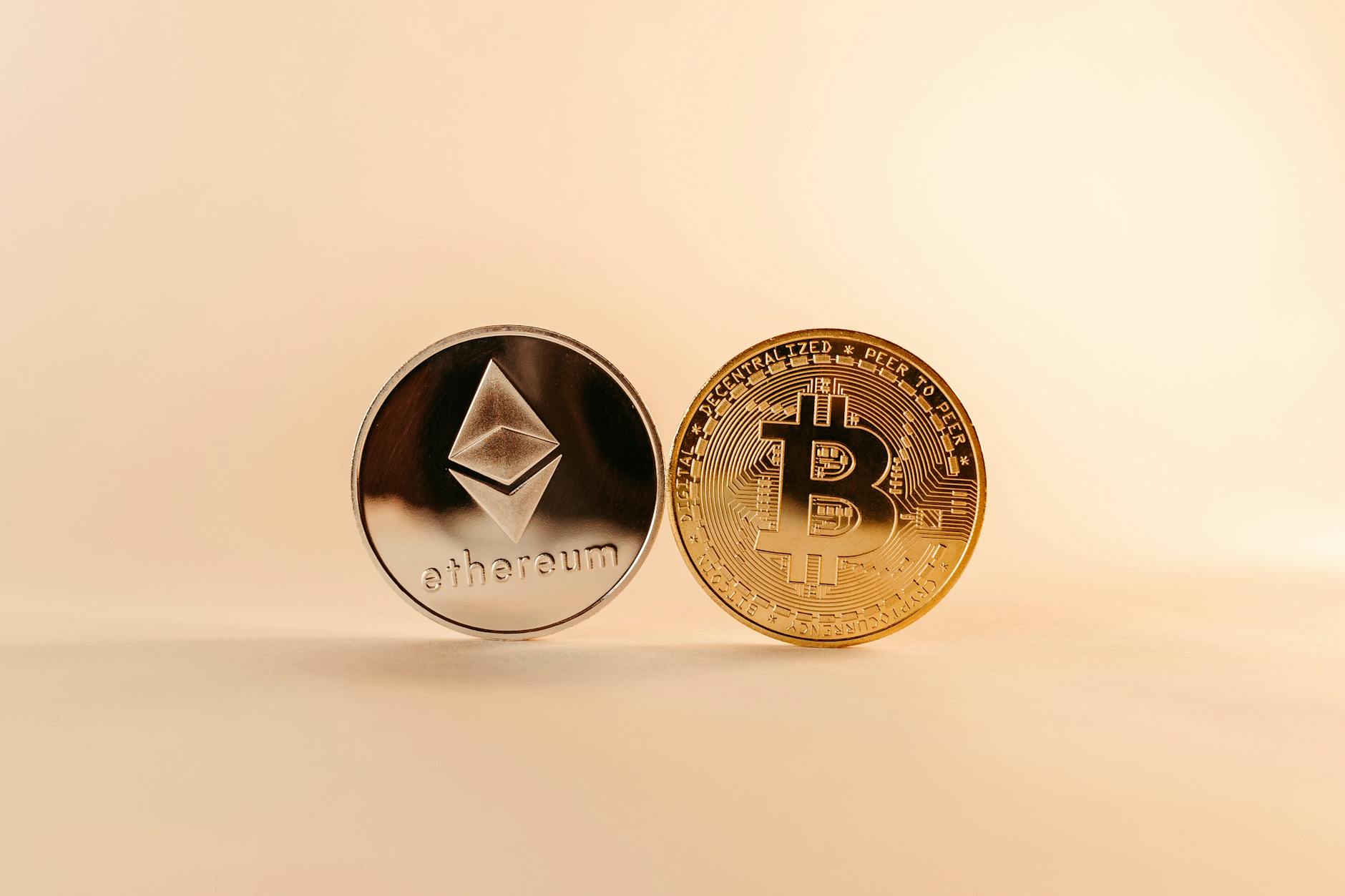The recent move by 21Shares to file for an exchange-traded fund (ETF) specifically targeting Injective Protocol is more than a novel financial product-it signals a significant shift in how traditional finance views blockchain technology. As outlined in a Crypto Briefing report, this filing underlines the burgeoning interest from institutional investors in leveraging blockchain infrastructures within their portfolios.
21Shares, known for its suite of crypto-focused exchange-traded products, is not merely extending its product range with this new ETF; it is strategically positioning itself at the intersection of traditional finance and decentralized technologies. Injective Protocol, the target of this ETF, is designed as a scalable, layer-1 blockchain that facilitates high-performance decentralized finance (DeFi) operations. Its core features-high-performance consensus and native financial primitives-are attuned to the demands of global finance, emphasizing aspects like transaction speed and interoperability, crucial for institutional adoption.
The integration of digital assets into traditional financial portfolios has been cautious yet consistent. The hesitation from traditional sectors primarily stems from concerns related to volatility, regulatory uncertainty, and technological complexity. However, the scenario is gradually changing. As digital assets demonstrate their resilience and potential for high returns, coupled with improving regulatory clarity, institutions are keener on exploring these avenues. This trend is corroborated by the expansion of 21Shares’ offerings, including the recent listing of their products to UK retail investors on major exchanges, indicating a widening acceptance.
This trend towards digital asset ETFs also reflects a broader institutional pivot towards not just blockchain as a technology, but more so towards specific protocols that offer distinct advantages for finance. Injective Protocol’s focus on creating a fully decentralized finance stack capable of supporting a plethora of financial products offers a glimpse into what future financial ecosystems might resemble. Institutions eyeing these ecosystems are not simply investing in a digital asset; they are effectively buying into a future where financial operations could be vastly more efficient, transparent, and inclusive.
Furthermore, the continued proliferation of ETFs like the one proposed by 21Shares encourages deeper liquidity and more stable pricing mechanisms for digital assets. These developments are crucial for institutional players who need robust market structures to manage large transactions without causing significant market impact. By enabling easier access to blockchain-based assets through familiar instruments like ETFs, we are witnessing the maturation of the market, which in turn attracts more traditional financial players.
For companies navigating these evolving landscapes, understanding and integrating blockchain solutions is becoming imperative. Services like those offered by Radom, with its on- and off-ramping solutions, play a pivotal role in bridging traditional financial operations with the burgeoning digital asset ecosystems. They not only support fluidity in asset transfer but also ensure that regulatory and operational standards are met, paving the way for broader institutional engagement.
In conclusion, the filing by 21Shares for an ETF focusing on Injective Protocol is emblematic of a larger narrative where the realms of traditional finance and innovative blockchain solutions are not just aligning but actively converging. This development holds the promise not just of new investment opportunities but potentially heralds a transformative shift in global financial infrastructures. As these technologies become more intertwined with everyday financial operations, the landscape of investment and fund management could look profoundly different-a change that is now incrementally taking form through initiatives like this one.



